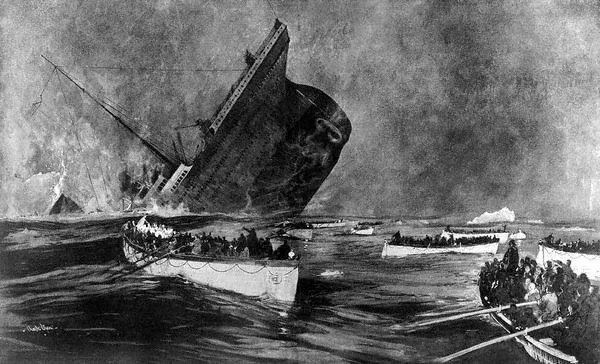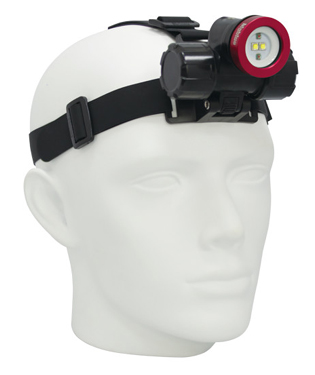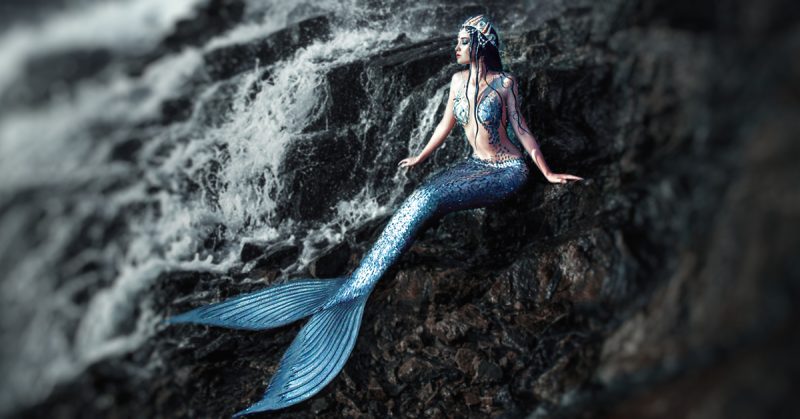 “Are my boobs going to explode if I go diving?” asked my open water student. She was worried because we had just reviewed the effects of water pressure on the human body. Compressible substances (such as air) are affected by the increased pressure underwater, while non-compressible substances (such as water), are not. A diver learns that he must equalize the pressure in his ears, mask, and lungs as he descends. Every once in a while, after finishing the explanation of air space equalization, a student pulls me aside to quietly ask if she can dive with breast implants. In most cases, the answer is yes. And don’t worry, your breast implants are not going to explode from the pressure. Your boobs are safe.
“Are my boobs going to explode if I go diving?” asked my open water student. She was worried because we had just reviewed the effects of water pressure on the human body. Compressible substances (such as air) are affected by the increased pressure underwater, while non-compressible substances (such as water), are not. A diver learns that he must equalize the pressure in his ears, mask, and lungs as he descends. Every once in a while, after finishing the explanation of air space equalization, a student pulls me aside to quietly ask if she can dive with breast implants. In most cases, the answer is yes. And don’t worry, your breast implants are not going to explode from the pressure. Your boobs are safe.
Breast Implants Are Not a Contraindication to Diving, But . . .:
The scuba diving medical questionnaire does not mention breast implants in the list of diving contraindications. This questionnaire is a legal document drawn up for the purposes of preventing scuba diving injuries and minimizing a scuba instructor’s liability.
The fact that breast implants are not even indirectly mentioned implies that they are safe to dive with.
However, notice that there are several questions about surgery. Divers should consult with their physician before diving after any surgery, including a breast augmentation. A diver must be fully recovered from surgery with no complications before returning to diving. The recommended time to allow between a breast augmentation and a triumphant return to diving varies from doctor to doctor. Some recommend waiting six months, while others recommend only a few weeks. Certainly, part of this variation is due to the type of breast augmentation performed. Stay abreast of the issue and be sure to consult with your surgeon and follow his advice before returning to diving after a breast augmentation.
Does Water Pressure Affect Breast Implants?:
The increased pressure underwater does not affect breast implants while scuba diving. A diver’s ears, mask, and lungs are filled with air, which compresses as a diver descends. A diver must equalize air spaces in his body because air is compressible and affected by water pressure. The rest of a diver’s body, however, is filled primarily with blood, and blood is mainly water, which can be considered a incompressible fluid for the purposes of diving. For this reason, a diver’s arms, legs, and other body parts do not feel a pressure change at depth. Typical breast implants are filled with saline or with silicon gel. Saline solution, which has a similar density to natural salt water, behaves much the same as water and does not compress noticeably at depth. Silicon gel is actually more dense than salt water, and also does not compress.
Do Breast Implants Increase the Risk of Decompression Sickness?:
No. Your boobs will not get bent. Breast implants do not increase a diver’s risk of decompression sickness on average recreational dives. Breast implants, either saline or silicon gel implants, do absorb very small amounts of nitrogen. Silicon gel absorbs more nitrogen than saline solution. However, the amount of nitrogen absorbed is negligible, and any nitrogen trapped in a breast implant will slowly work its way out of the implant without placing the diver at risk.
Will Breast Implants Change My Buoyancy?:
Will my new boobs make me float? No. However, depending upon the type of breast implant, a small buoyancy change may be expected. Saline breast implants are neutrally buoyant, and as long as a diver’s body fat and composition do not change, a diver who gets saline implants should not notice a change in her buoyancy. Silicon gel breast implants are slightly more dense than water, and may cause a diver to be more negatively buoyant. When returning to diving after a surgery, or other periods of diving inactivity, a diver should be sure to test his weight and make any needed adjustments.
The Take-Home Message About Breast Implants and Scuba Diving:
There is no reported risk from diving with breast implants; however there may be a benefit! As certified divers know, all objects appear about 1/3 larger underwater. If you have recently had a breast augmentation surgery, milk it for all it’s worth! Your new boobs will look even bigger than they do on land!
About.com Natalie Gibb







I have dived as a marine researcher, May to October, two long dives per day, for the past seven years with an implant following a mastectomy. I have had no problems.
Thank you for your input. Kirk Scuba Gear
There should be a risk only if the stitches are new. If the stitches are newly made then the woman doesn`t have to make physical exercises and definitely not scuba diving.
Thanks David for your input!